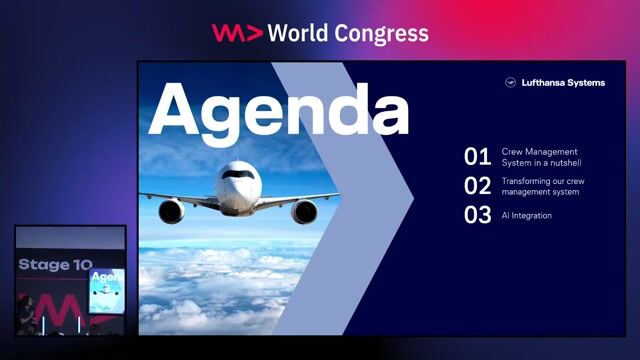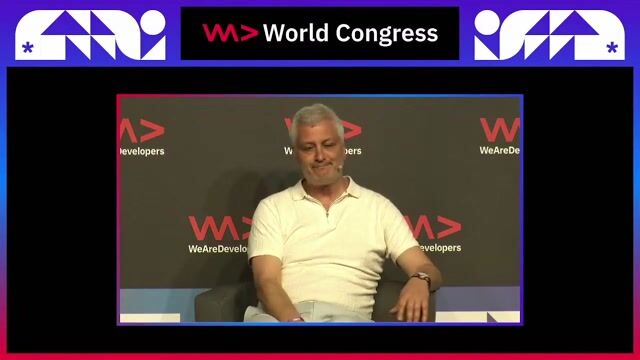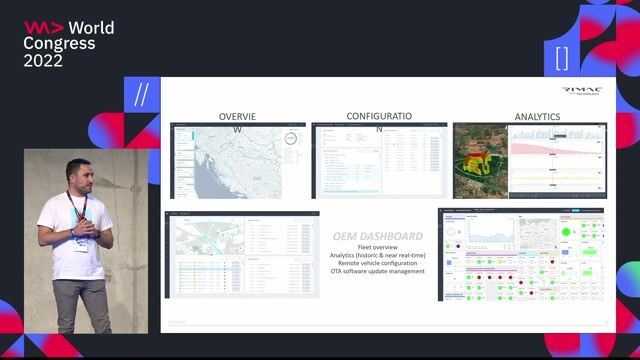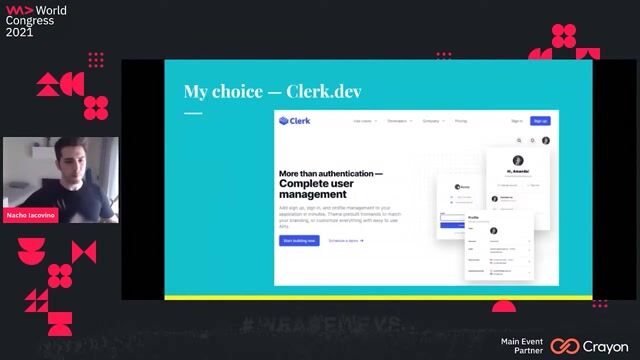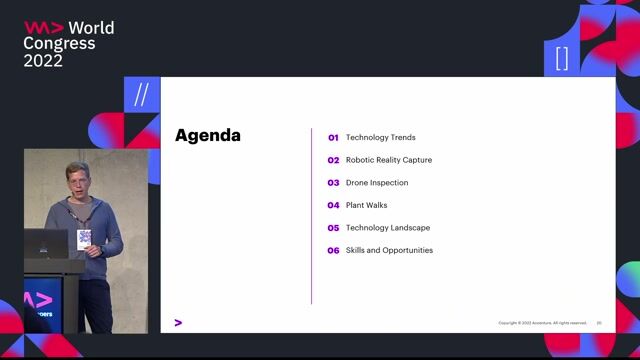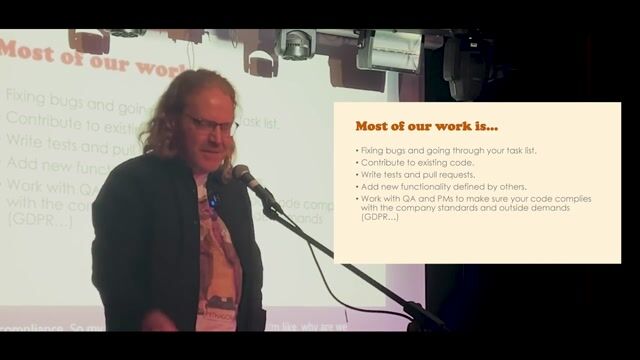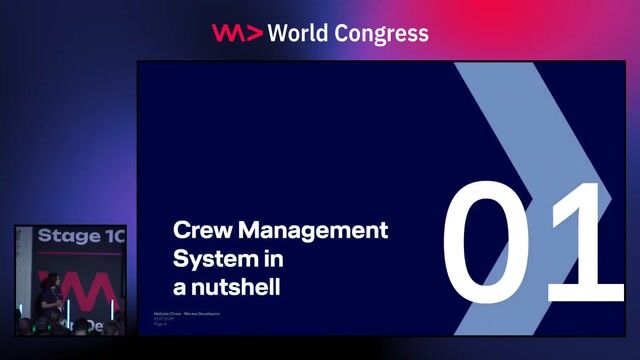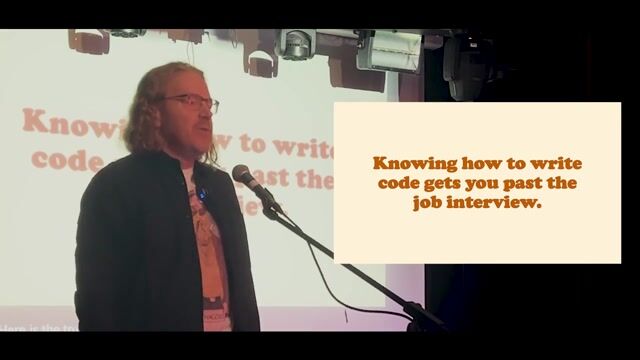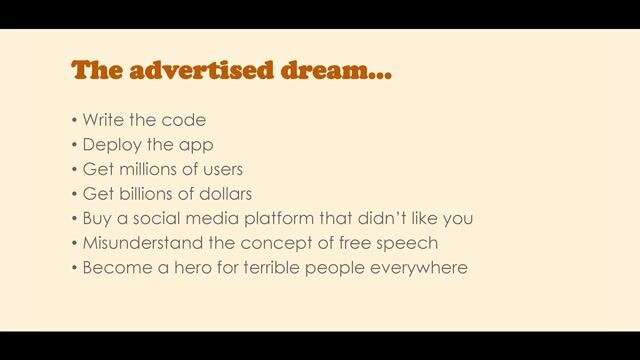Software Engineer (Systems / Flight Deck) (Experienced or Senior)
Role details
Job location
Tech stack
Job description
In flight deck you will perform a wide variety of dynamic and challenging work on existing and new flight decks, including:
- Designing, modeling, testing, and certifying the look, feel, and operational behavior of the flight deck, from the early conceptual phase to supporting airplanes through their service life.
- Establishing design requirements for changes and improvements to the flight crew interface on existing or new commercial airplane models, and testing and implementing those improvements.
- Supporting cross-functional reviews to understand airplane-level impacts of system failures and the associated flight deck effects and pilot actions.
- Supporting product development efforts to identify new and emerging technologies to increase aviation safety and add value to our products or services.
- Prototyping cockpit layouts using commercial and company-unique computing tools, and validating design requirements and flight deck design philosophies during test programs using analysis, flight deck simulators, and flight test airplanes.
- Collaborating with pilots, designers, and systems engineers to ensure flight deck interfaces and flight management automation complements the cognitive, physical, sensory and ergonomic capabilities of our pilots.
- Ensuring practical application of Boeing Flight Deck and human factors design principles, commonality and integration with other mission objectives.
A flight deck engineer can have a focus area which may include: airplane system functions (hydraulics, electrical, flight controls, etc.), display formats, menus and control interfaces, display hardware, flight management system, instrument panel layouts, crew alerting, electronic flight bag, crew personal electronic devices, failure effects and analysis, navigation, communication equipment, crew procedures, and crew training.
Engineers in this position are expected to independently work assignments, collaborate with teammates, and receive tasking from a lead engineer.
Requirements
Do you have experience in UX?, Do you have a Master's degree?, * MSc in Aerospace Engineering, Human Computer Interaction, Human Factors or related discipline
- Track record of applying expertise in simulation and modeling, Model Based Systems Engineering
- Track record of applying expertise in defining systems and translating system-level requirements and models into software requirements
- Fluent in English
- Existing rights to work in Germany
Preferred Qualifications:
Level 3 (Experienced):
- Min. 3 years of applicable experience in industry or academia
- Track record of applying expertise in flight deck operations and human factors or user experience/user interface design
- Knowledge of flight deck operations and human factors/ergonomics or user experience/user interface design
- Formal UI/UX design/Human Factors training
- Experience in planning, conduct and analysis of flight and simulator tests
- Commercial piloting experience
- Knowledge of pertinent aviation regulations
Level 4 (Senior):
- Min. 6 years of applicable experience in industry or academia
- Track record of applying expertise in flight deck operations and human factors or user experience/user interface design
- Knowledge of flight deck operations and human factors/ergonomics or user experience/user interface design
- Formal UI/UX design/Human Factors training
- Experience in planning, conduct and analysis of flight and simulator tests
- Commercial piloting experience
- Knowledge of and track record of applying pertinent aviation regulations
Typical Education/Experience:
Experienced (level 3)
Education/experience typically acquired through advanced technical education from an accredited course of study in engineering, computer science, mathematics, physics or chemistry (e.g. Bachelor) and typically 5 or more years' related work experience or an equivalent combination of technical education and experience (e.g. PhD, Master+3 years' related work experience). In the USA, ABET accreditation is the preferred, although not required, accreditation standard.
Senior (level 4)
Education/experience typically acquired through advanced technical education from an accredited course of study in engineering, engineering technology (includes manufacturing engineering technology), computer science, engineering data science, mathematics, physics or chemistry (e.g. Bachelor) and typically 9 or more years' related work experience or an equivalent combination of technical education and experience or non-US equivalent qualifications. In the USA, ABET accreditation is the preferred, although not required, accreditation standard., Master's Degree or Equivalent Required
Benefits & conditions
Shift
Not a Shift Worker (Germany)
